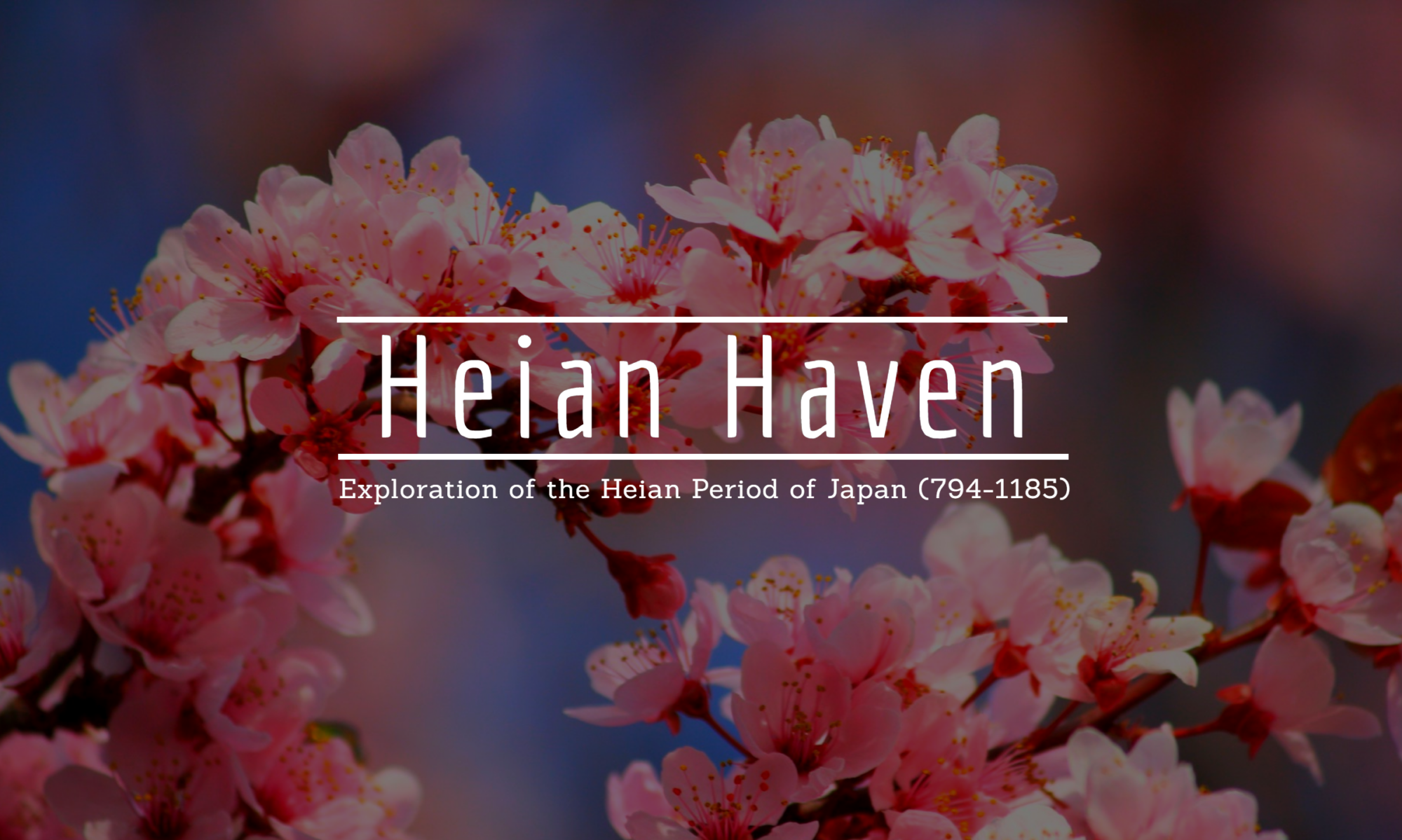I’ve had 3 names in the SCA.
For my first little while I tried out Catalina Marie Ordones de la Vega. Late SCA period Spanish. And then I discovered that I could do Japanese.
My first attempt at a Japanese name was Sugihara Naome. This name lasted years longer than the first Spanish name. And there are still a few people who refer to me as “Sugi”. In 2010 I got access to a book (which I now own) Name Construction in Medieval Japan and selected a name that was accurate for a noblewoman of the Heian period and close to my previous name. And it has a pun. And a tie to a god. Yeah.
And I’ve (finally) begun the process of getting it registered. For you non-SCAdians, this means no one else can use that name in the SCA without my permission and it goes through vetting to make sure it is period. There is a small one time cost associated.
Sugawara no Naeme was the closest I could come to a period version of Sugihara Naome.
The most famous Sugawara of the Heian period is Sugawara no Michizane, poet, scholar and one time provincial governor who died in exile and was deified after death to appease his vengeful spirit. He is now known as Tenjin-sama, the kami of scholarship. He’s also the reason Japan cut ties with crumbling T’ang China. He was appointed ambassador and convinced the Emperor to discontinue sending embassies to China on the premise that it was no longer safe (he was probably right). Sugawara means “sedge field” an can even be voiced as “Sugahara” though I don’t.
The “no” is a little place holder, like “of” and is not voiced, only written. And only used by ancient “uji” or clans/families. It falls out of favor after the Heian period.
Naeme is incredibly close to Naome (which isn’t even a modern Japanese name). One letter makes all the difference. “Nao” is part of male naming practice and not appropriate. “Nae” means sprouting and “me” is woman. Naeme is pronounced Nay-meh.
And the joke is it looks like my name is Sugawara no Name. As women were not called by their actual names in the Heian period, rather referred to by the title of a close male relative or their own title if they had a position, I find this “no name” bit hilarious. As pun loving people, I think the Heian aristocracy would find it droll.
To me, my SCA name means a woman who is growing in scholarship. The Sugawara family is known for poets and scholars. I wanted some of that magic and something to aspire to within the SCA.
Winter wind whispers At the frozen window sill Trying to get in.
Set the kettle on the fire A pot of tea will warm us.
